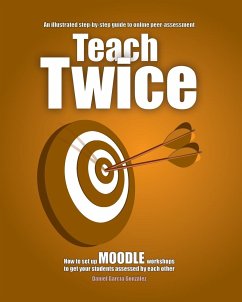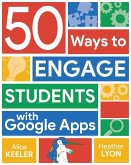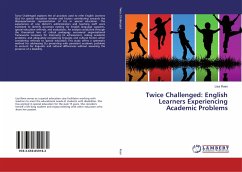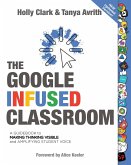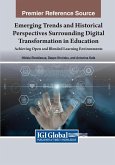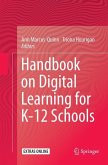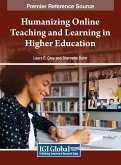This illustrated guide explains, from scratch, how to use the MOODLE 'Workshop' tool so that students can correct each other's exercises. This way, they learn twice; first while completing their own exercise, then secondly while reviewing others' work by means of rubrics. The computer will not only calculate automatically the grade assigned to each students by their colleagues. More importantly, it will also assess and grade each peer-assessor for how well they have detected errors and rewarded the merit of their fellow students. The student cohort begins to control itself. The model is scalable, and indeed becomes even more reliable the more students participate and the larger the sample becomes.In addition to explaining, step-by-step, the intricate operation of the tool, the book offers practical tips and tricks derived from the extensive experience of its author, a University professor of many years standing. It is becoming increasingly costly, time-consuming and routine for teachers to correct our students' exercises. In addition, by monopolising this work we are depriving them of the chance to develop two of the superior cognitive capacities in Bloom's taxonomy (Analysis and Evaluation) and thus achieving 'transformative learning'.
Hinweis: Dieser Artikel kann nur an eine deutsche Lieferadresse ausgeliefert werden.
Hinweis: Dieser Artikel kann nur an eine deutsche Lieferadresse ausgeliefert werden.

